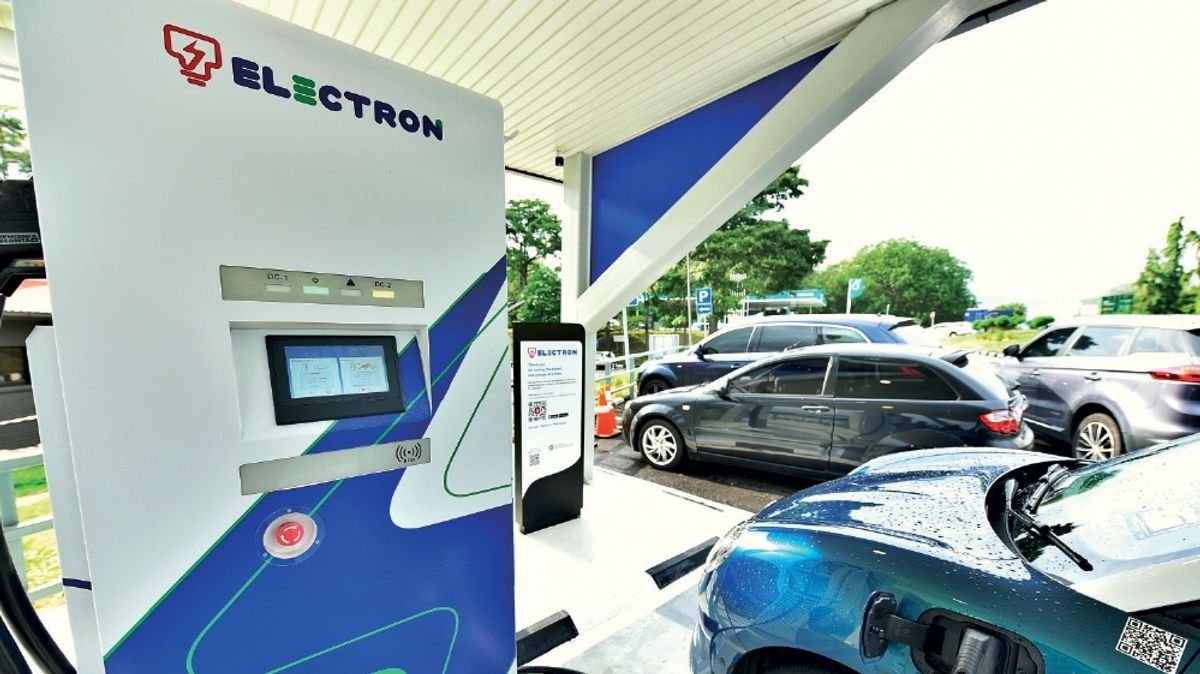In Shah Alam, Selangor, a recent announcement has put the spotlight on Malaysia’s ambitious drive towards sustainable transportation. Jamaliah Jamaluddin, the region’s public health and environment committee chairman, revealed that despite efforts, Selangor currently has only 681 electric vehicle (EV) charging stations, missing the 2023 target. Now, the goalpost has been moved to 2025, aligning with federal aspirations to expand Malaysia’s EV infrastructure.
Striving for Sustainability
The Selangor government has been proactive in encouraging the adoption of electric and hybrid vehicles, offering incentives like a free parking scheme in place since 2011. This initiative is part of a broader national strategy, the Low Carbon Mobility Blueprint 2021-2030, which aims to increase EV charging stations to 10,000 by 2025. Despite the setback in reaching the initial target, Selangor’s commitment reflects a significant step towards Malaysia’s green mobility goals.
Accelerated EV Adoption
Malaysia’s EV market has seen remarkable growth, with sales of new Battery EVs (BEVs) soaring by over 400% to 13,257 units in 2023, from 3,127 units in the previous year. This surge is supported by the development of charging infrastructure, with the country achieving 2,020 stations at 750 locations by the end of last year. Such advancements are crucial in making EVs a viable option for more Malaysians, in line with the federal government’s vision for a sustainable transportation ecosystem.
Future Prospects and Policies
As the push for EV adoption gains momentum, policies and incentives play a pivotal role. The Ministry of Investment, Trade and Industry (MITI) has proposed a one-time subsidy for EV ownership, aiming to lower entry barriers. Additionally, plans to enhance the charging network, including a potential increase in DC charging stations and a unified service fee application, are being considered. These measures are expected to accelerate Malaysia’s transition to low-carbon mobility, contributing to environmental sustainability and energy efficiency.
With the national and regional efforts to expand the EV charging network, Selangor’s revised target underscores the challenges and opportunities in Malaysia’s journey towards electrification. As the country navigates these developments, the combined impact of government initiatives, technological advancements, and consumer adoption will shape the future of transportation in Malaysia.
[ad_2]
Source link




